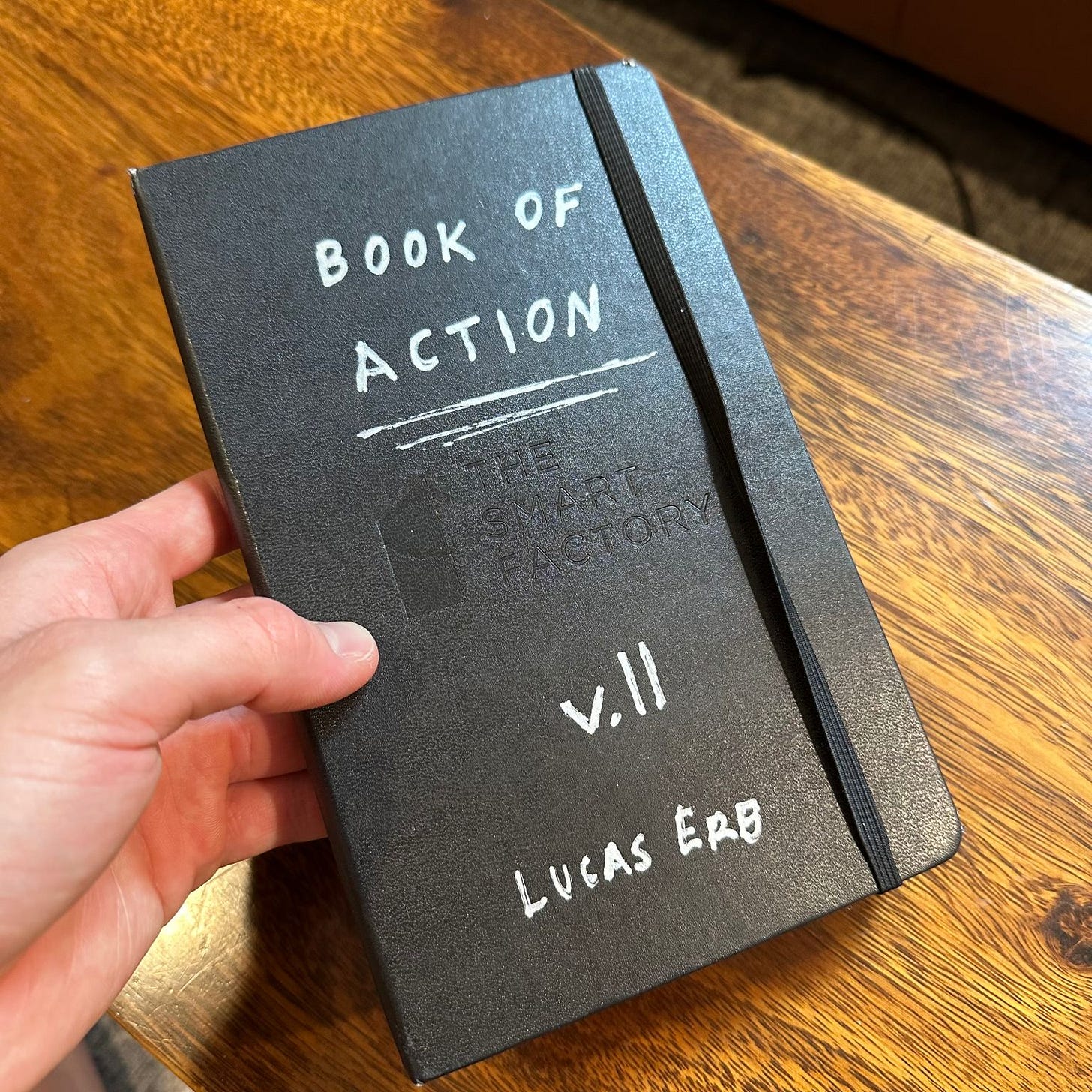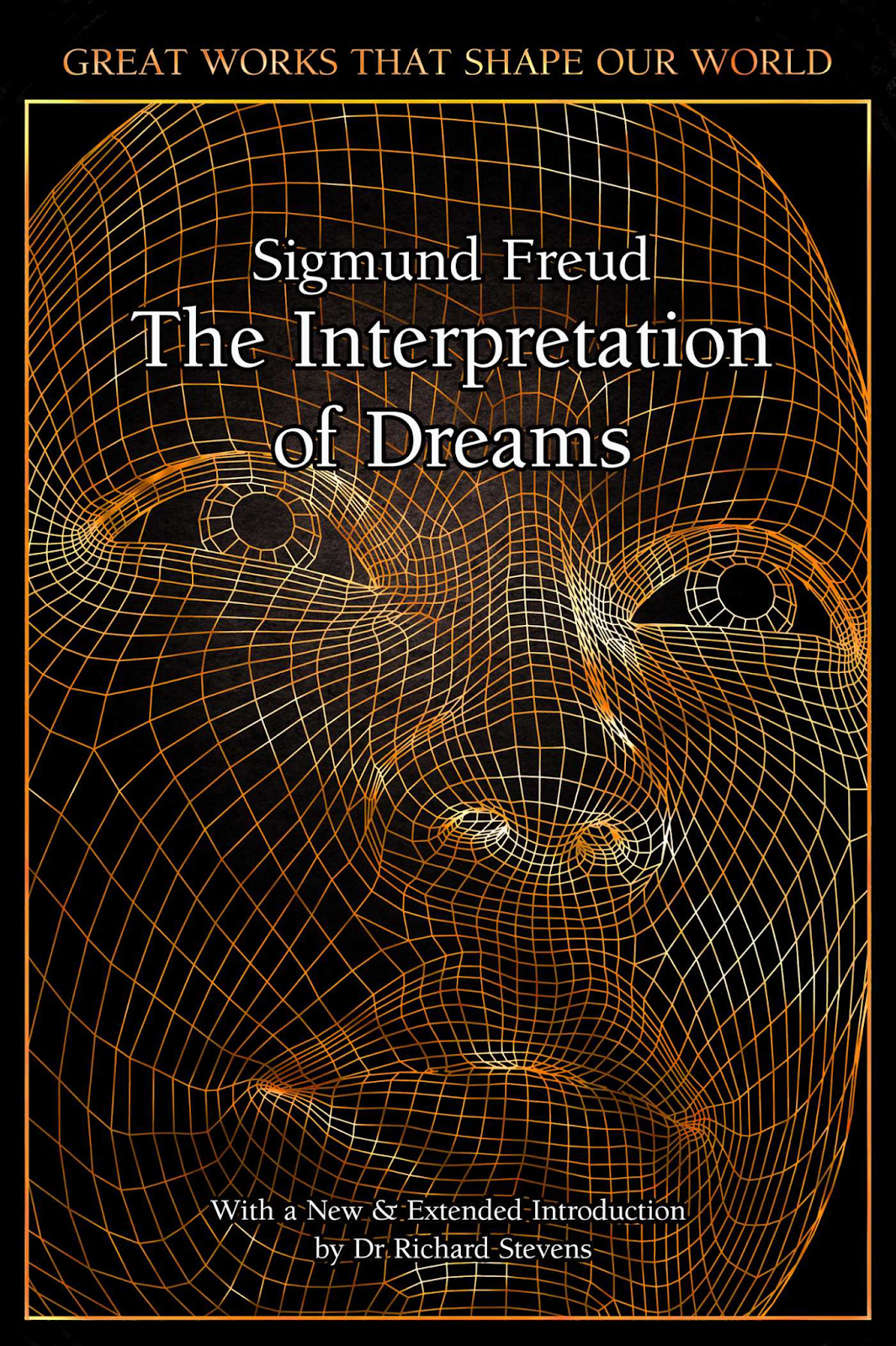Part 2: I gave AI access to 5 years of my personal journals
Ctrl+Alt+Introspect, when AI plays therapist to your deepest thoughts
Welcome back, dear reader, to the cutting edge of self-indulgent introspection.

For those just joining us on this journey, let me catch you up: I decided to feed five years of my personal journals to an AI named Claude.
Why?
Because apparently, I think outsourcing my existential crisis to a silicon-based life form is a good idea.
Prepping the Digital Couch
Now, I didn't want just any old AI analysis.
No, I wanted therapy.
So, I instructed Claude to don its imaginary tweed jacket and become a family therapist.
Forget the two psychology classes I barely remember from college; Claude has the equivalent of multiple graduate degrees at its fingertips.
First order of business?
Making sure my AI shrink was up to snuff.
This requires “prompt engineering.”
First, I told the AI, “You are a trained professional family therapist.”
Then, I asked it, "What are the leading methods of therapy you studied in school?"
It then replied with a list of therapeutic approaches, and I picked the three that sounded most amusing and least likely to damage my fragile psyche.
Cognitive Behavioral Therapy (CBT): Focuses on identifying and changing negative thought patterns and behaviors.
Psychodynamic Therapy: Explores unconscious processes and how past experiences influence current behavior.
Humanistic Therapy: Emphasizes personal growth, self-actualization, and reaching one's full potential.
My new prompt then became the one below:
“You are a skilled family therapist which charges top dollar to walk people through life events and past pain. You primarily guide people through Cognitive Behavioral Therapy, Psychodynamic Therapy, and Humanistic Therapy. Using your deep experience I want you to investigate the personal journal and diary attached to deeply understand your patient, Lucas.”
Enter Prompt Engineering
Why waste the time telling Claude what therapy is if it already knows? Isn’t it good enough to just say “Be my therapist.” to the AI?
Well, no.
You see, Large Language Models (LLMs) are highly capable today, but they have one major flaw:
They’re attempting to compress all of human knowledge.
So without proper context, the AI will just spit out whatever the most likely next word is in answer to your prompt.
Before you know it, your AI (which should have been delivering personalized therapy) is pages deep into reciting an askew version of Sigmund Freud’s The Interpretation of Dreams.
And you sit there wondering how the computer could be so stupid?!
The answer? Context.
We need to provide the AI with a relevant explanation for who it is and an example of the sort of answer you expect it to give.
Therefore, popular solutions for prompt engineering encourage users to provide a clear…
Persona
Task
Format
Tone
If you think about it, these prompts are table-stakes for delegating to a human analyst or assistant, and they should be table-stakes for delegating to AI too.
The Moment of Truth
With my digital therapist properly prompted, and “unstructured data” uploaded, I dove into the deep end.
I asked the kind of questions you'd normally need a bottle of whiskey and a very patient friend to discuss:
"What are my weaknesses?"
"What goals have I set for myself over the years?" (Spoiler alert: "Become Batman" appeared more than once.)
"How can I maximize my self-confidence and minimize my self-doubt?"
"What are the recurring themes in my life?"
"Do any of my goals conflict with each other?"
The last question, suggested by a friend, led to some particularly interesting insights.
It turns out, wanting the whole world and then some isn't sustainable. Who knew?
Claude, in its infinite wisdom, pointed out the following:
Your drive to build successful businesses and accumulate wealth could potentially conflict with your spiritual goals of humility and detachment from material possessions.
Well, there goes my plan to become a billionaire monk.
Besides, Bruce Wayne already covered that storyline in Batman Begins.
The AI continues…
You exhibit time allocation conflicts: Your goals to start a business, visit 44+ countries, serve weekly in church, exercise regularly, read extensively, and maintain deep relationships all require significant time commitments.
There may not be enough hours in the day to pursue all these goals simultaneously at the intensity you desire.
This pretty much sums up my biggest weakness.
I want too much and relax too little. There is never enough time in the day.
I frequently feel exhausted and hungry for more, all at once.
In all honesty, there are a number of other things I saw, which you’ll just have to experience for yourself.
Many are far too personal to share with the internet, but clear areas I need to improve.
The Verdict
So, what profound insights did this grand experiment in algorithmic introspection yield?
1. My weaknesses are more predictable than I'd like to admit.
Apparently, I'm "heavily aspirational and lacking in celebration of my successes."
In other words, I'm great at setting goals but terrible at patting myself on the back.
Perhaps I should add "learn to celebrate wins" to my list of New Year's resolutions.
I’ll start with a glass of champagne after this post goes live.
2. Data is key.
The AI is only as good as the information it is given.
Unfortunately, for me, I didn’t keep a log of daily events as successfully as Matt Damon did in The Martian.
If I had a daily record, the AI would have much more data to work with, and thereby heightened insight to offer.
3. The LLM is scientific and accurate.
Far from “hallucination,” the chat felt scientifically disciplined, cautious, and concerned with my wellbeing (like a good therapist should be).
The AI never noted a correlation between my loftiest ambitions and the phases of the moon.
It never recommended I light incense or pick up a certain type of rock.
I'm not sure what to do with that information, but it feels important.
4. My privacy feels very exposed
Now, I know what you're thinking. "Isn't it a bit weird to share your deepest, darkest secrets with a machine?"
And to that, I say: absolutely. It's downright bizarre.
But in a world where we ask Google for relationship advice and trust Siri not to drive us into lakes, is this really that strange?
Sure, there are privacy concerns.
What if the AI decides to blackmail me with knowledge of my past relationships?
(To my exes, if you get a text from a new number, it’s not me, it’s my journal entries from years past).
And yes, there's the risk of becoming overly dependent on silicon-based validation.
But aren’t we all guilty of that on the internet already?
The Brave New World of Self-Reflection
In conclusion, perhaps in our quest to understand ourselves, we already have all the data we need.
As Jesus said, “out of the abundance of the heart the mouth speaks.”
Fortunately for you and I, our digital footprint across the internet has left a wealth of data points to our hearts.
For trained therapists and couch philosophers alike, there is much to gain by accessing this data and learning from our past.
Maybe, even in the age of artificial intelligence, the most profound insights still come from good old-fashioned human DNA.
As for me, I'm off to ask my AI therapist why I thought this was a good idea in the first place.
And maybe, just maybe, I'll start a new journal.
After all, who knows what insights we'll be able to squeeze out of it in another five years?
If you would like to chat about implementing your own AI, shoot me a message on LinkedIn or lucas@lucaserb.com.
Helping businesses until the singularity,
~Lucas Erb




